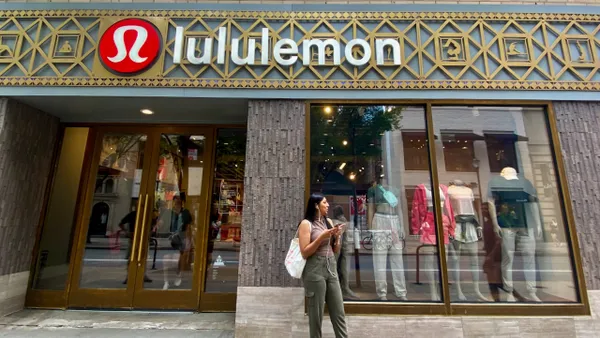Dive Brief:
- The Association of National Advertisers (ANA) and human verification firm White Ops released the third annual Bot Baseline Report with the findings showing that although ad fraud remains a digital advertising challenge, gains are being made, per a joint press release.
- Global economic losses due to ad fraud are expected to hit $6.5 billion this year, but that figure is down 10% compared to $7.2 billion in 2016. The drop comes as digital ad spending is expected to rise 10% or more making the improvement even more impressive according to the press release.
- In related industry news, the Trustworthy Accountability Group (TAG) announced it became the first cybersecurity information sharing organization for the digital ad industry to register with the Information Sharing and Analysis Organization (ISAO) Standards Organization according to a press release made available to Marketing Dive. ISAO is a non-governmental organization created by Congress to strengthen cybersecurity through information sharing.
Dive Insight:
Ad fraud has been among the most pervasive and damaging challenges facing the digital ad industry, harming publishers’ bottom lines, keeping marketers’ messages from reaching intended audiences resulting in wasted ad budgets and casting a shadow over digital advertising overall.
The findings suggest that marketers' attempts to fight digital ad fraud are working, per ANA CEO Bob Liodice. The ANA and White Ops report found that 9% of desktop display and 22% of video spending was fraudulent, and mobile fraud was lower than expected with less than 2% of fraudulent activity happening in apps and for mobile web display, although fraud was higher in mobile web video and pay-per-click. One interesting finding was fraud in programmatic media buys, once a major concern for marketers, is now no riskier than general market buys.
Despite the promising findings, the declines are relatively modest. Therefore, the report recommends marketers should remain vigilant and demand transparency around traffic sources, refuse payment on non-human traffic in media contracts and avoid actions like too many simultaneous targeting parameters that might restrict scale. Another recommendation is for major digital media platforms to work with MRC-accredited third-party fraud detection companies.
Last month the Interactive Advertising Bureau (IAB) took steps to fight ad fraud by announcing it was requiring member companies to register with TAG by next June, a move that will make the supply chain safer, said IAB President and CEO Randall Rothenberg at the time of the announcement.














